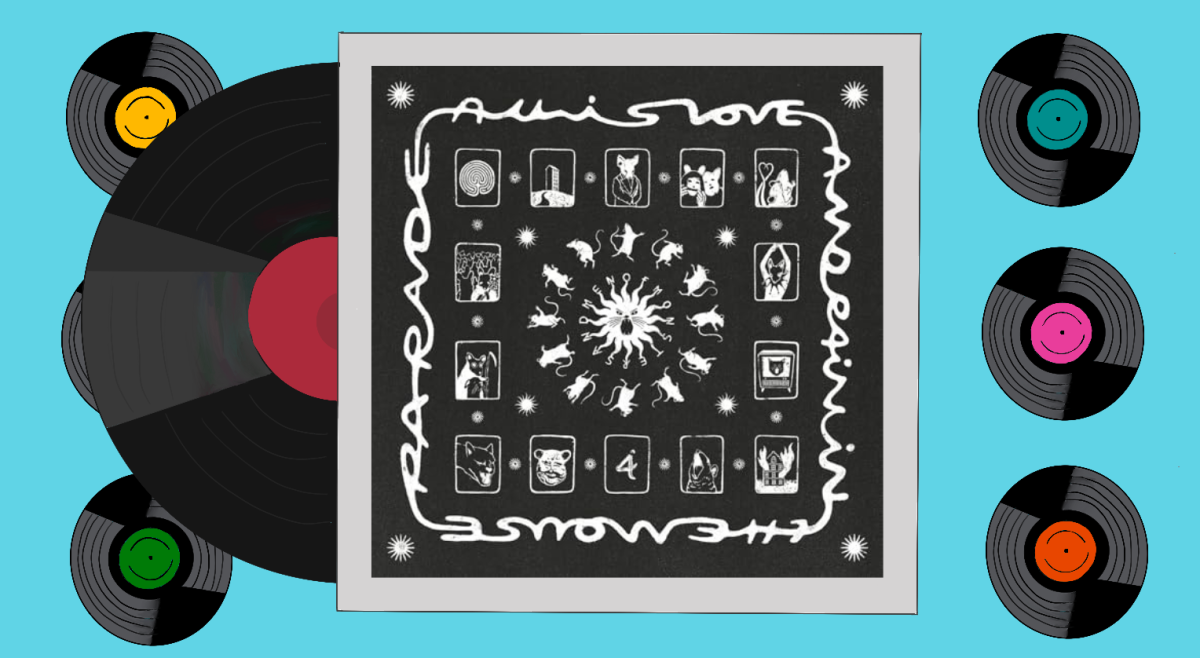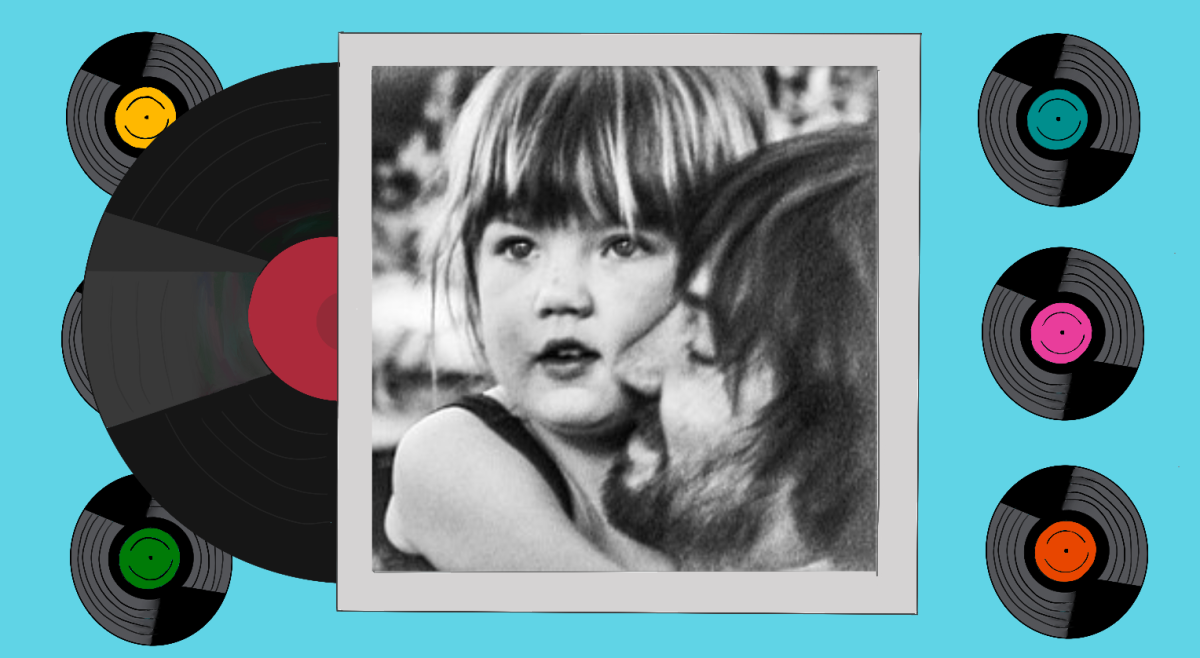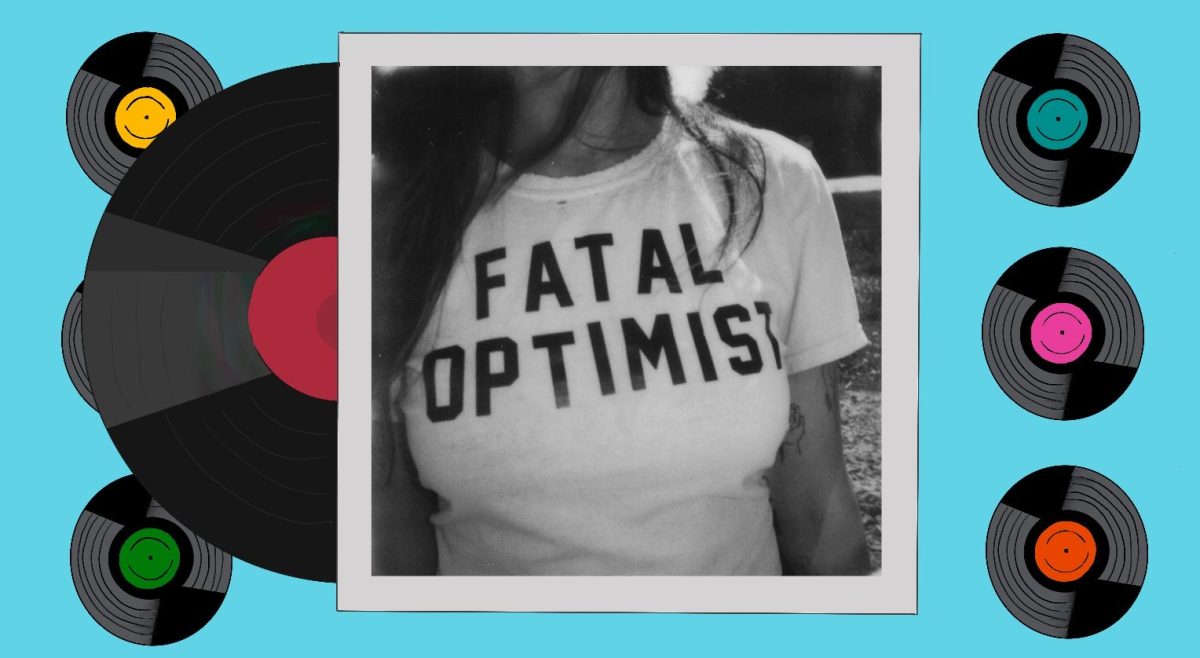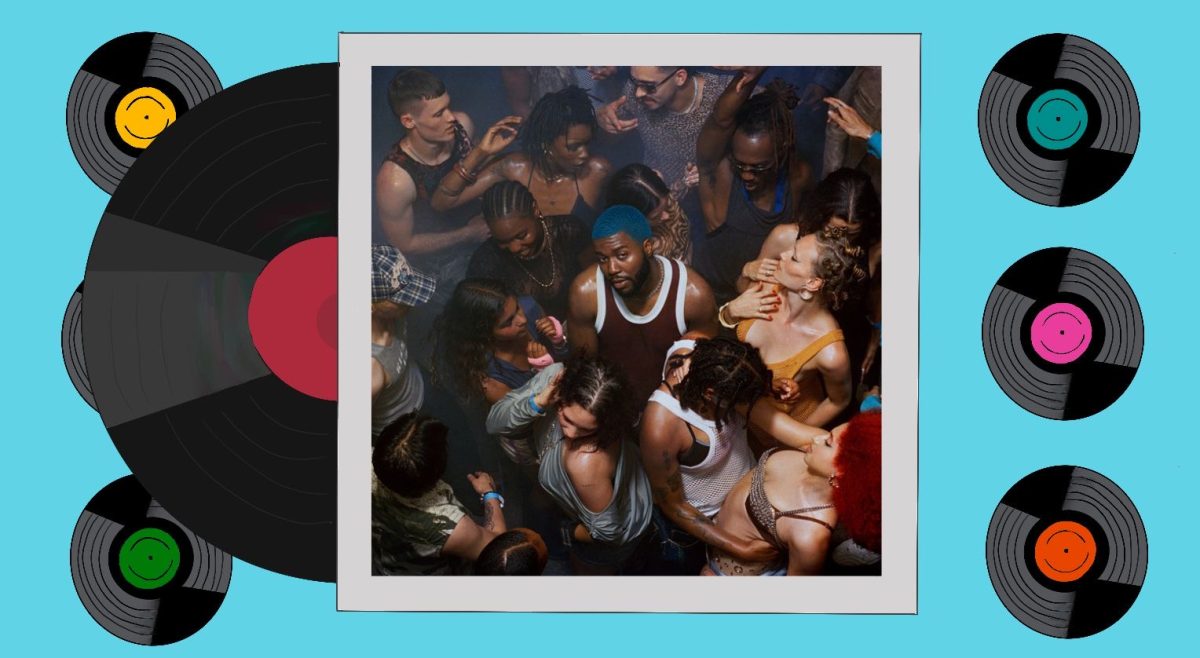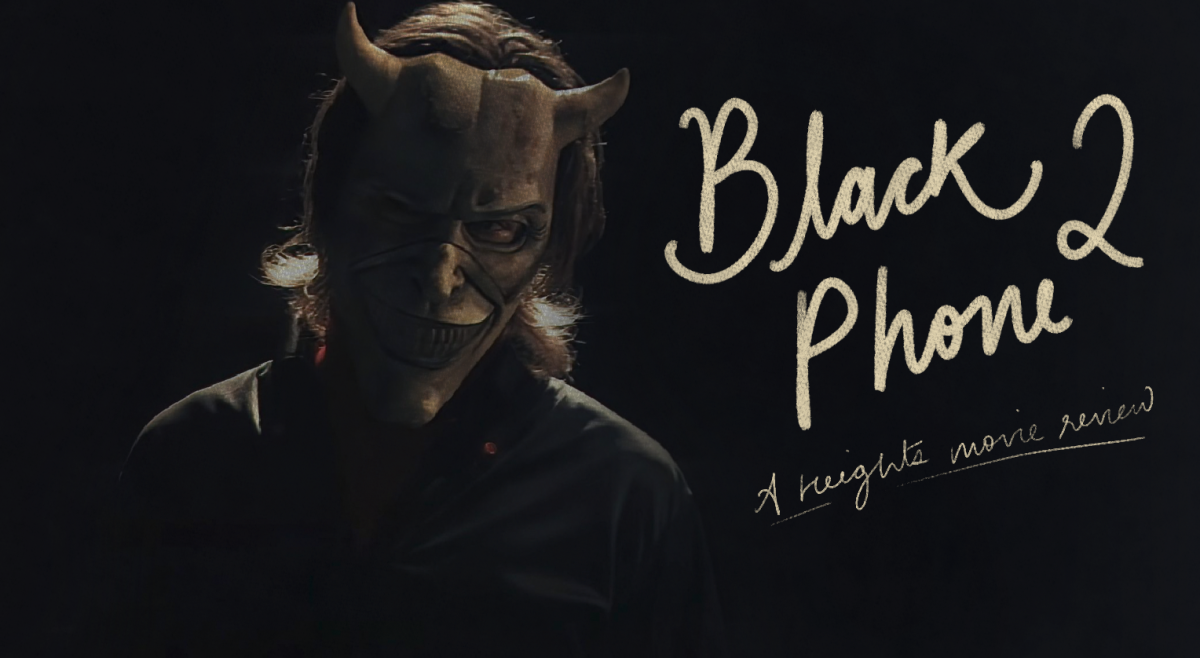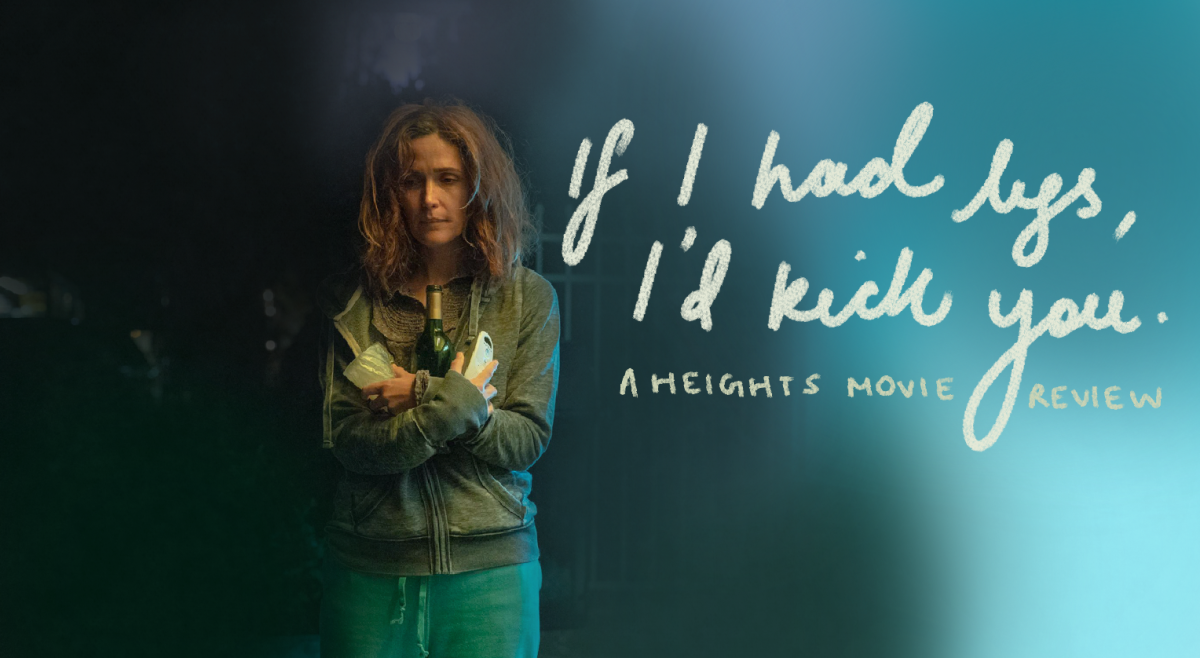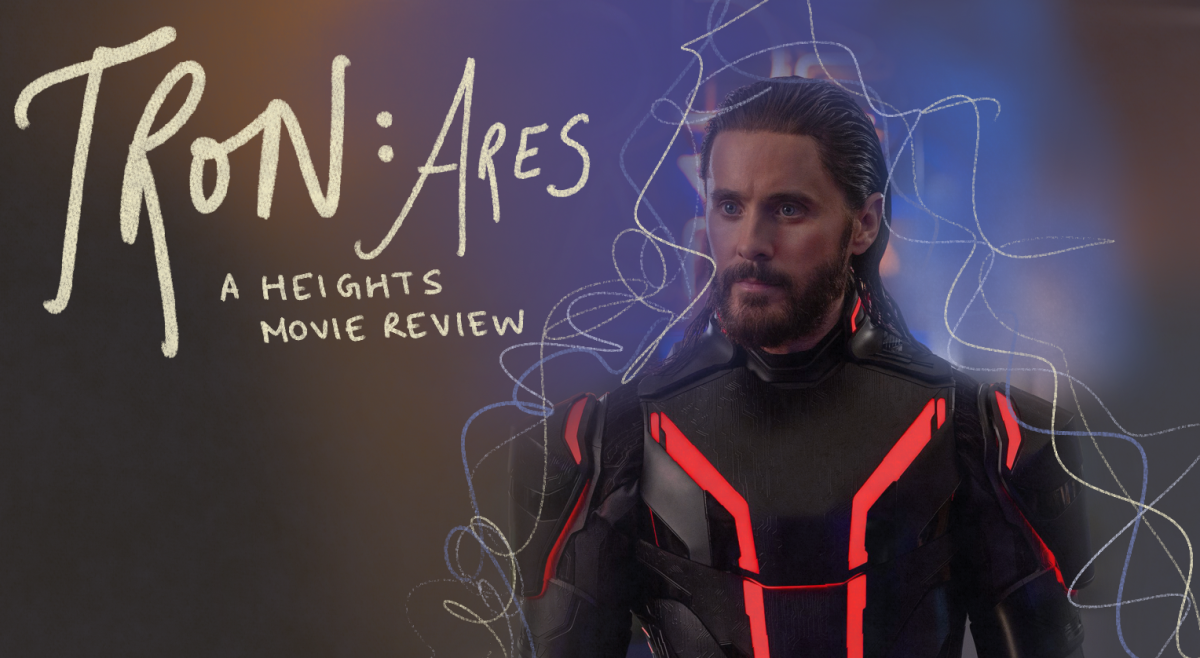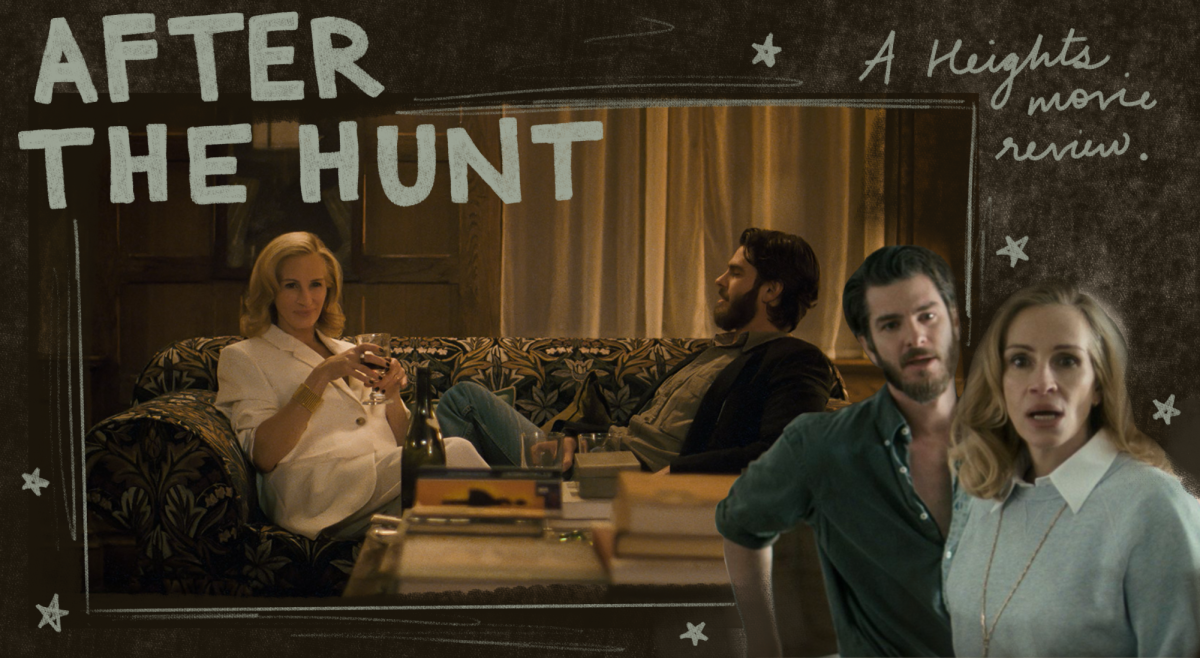
With influences that range everywhere from folk and emo to Christian Gospel, Julien Baker was 19 when she released her first record, Sprained Ankle, to immediate success and recognition. NPR Tiny Desk Concerts had her on for a performance, while the band Brand New covered Sprained Ankle live in concert. Originally planted in the hardcore movement in the footsteps of bands like “Rites of Spring,” the emo genre gained a mainstream following that appealed to a subculture of post-Gothic misanthropes who wanted more to cry than scare. As with other artists now working in the same cultural framework, Baker lets go of such self-effacing pretensions to approach an emotional confession as sincere as it is self-aware. Fiery vocals overlie icy guitar plucks whose bareness suggest the skeletal landscape Baker inhabits emotionally. Her newest release, Turn Out The Lights, heightens this contrast between the naked and powerful to extents that stun and overwhelm listeners.
Baker often works within extremes. Every song feels like the show-closer that will rile audiences to tears and applause. Her ratio of dramatic highs to lows is so out of proportion, there’s a fear the album chanced straddling the thin line of melodrama. But compared to other bands whose screaming is redundant to the effect it becomes the standard, Baker’s anguish manages to feel authentic and original even after her sixth vocal strain. Her voice possesses a nuance and sensitivity that flows organically with her guitar and piano playing, making listeners feel as if they’re watching a movie.
Pain seems to be a constant for Baker, whose loathing is directed at a multitude of sources. On “Appointments,” Baker laments how her self-destructive behavior has negatively affected those she loves. Despite recognizing that things will turn out terribly, she has no other option than to believe the opposite. “I have to believe it is” she gasps dramatically toward the song’s ending, in the first of many brazen track closers. The sentiment is a great analogy for the record’s overall purpose—conjuring joy out of suffering, out of the faith that trying to improve a situation will make up for the bitter reality. The title track digs at the same subject matter but from a whole different angle. Like the real indecisiveness which marks teenage ennui, Baker explores the difficulty of accepting the help she asked for so desperately. Transcendent highs of spiritual conviction become stepping stones toward an even severer anguish, which in turn produces moments of blissful, guitar-heavy repentance.
Drug-addiction, suicide, alienation, and the usual topics of emo are embellished with Gothic imagery that, just like the music, pushes internal torments to the brink of a physical experience. “Sour Breath” depicts a relationship strained by substance abuse, as the narrator’s self-disgust manifests in unseemly images of deformed body parts. Lines like “Plywood boards joined at your breast/Splinter in my arm where you rest your head” express the burden of physical contact in a romantic relationship. The following track, “Televangelist,” continues this motif of physical deformity: “I’m an amputee” Baker sings, “Leaning on an invisible crutch.” Called over a rising choir and organ assemble, the final line “Do I turn into light if I burn alive” shows the extents to which one desires to become perfect, clashing martyrdom with insecurity. “Happy To Be Here” tinkers with this objectification of self-repulsion, like a pop-punkish ode to hatred for the body’s constraints. It is no wonder that Baker has such fervent disdain for the physical form she is stuck in, and yet simultaneous reverence for the suffering it brings.
The album uses its predecessor’s stripped sound as a platform to expand sonically in every direction, adding in violins, mandolin, backing vocals, and other instruments which accommodate the complexities of Baker’s vocal delivery and subject matter. Mournful ballads fit in perfectly with tracks drawing from pop-jingle sources, as if acoustically repressing the influence of Fall Out Boy and other such emo bands of the 2000s. The incredible part of it is that these conflicting textures and elements we couldn’t dream of synthesizing fall in place so naturally for Baker. They’re an expression not of a single point in her life, but of all of it. For the music’s extremity and sadness, we nonetheless feel a sensitive balance of emotions, making Turn Out the Lights an engaging roller coaster of adolescence.








